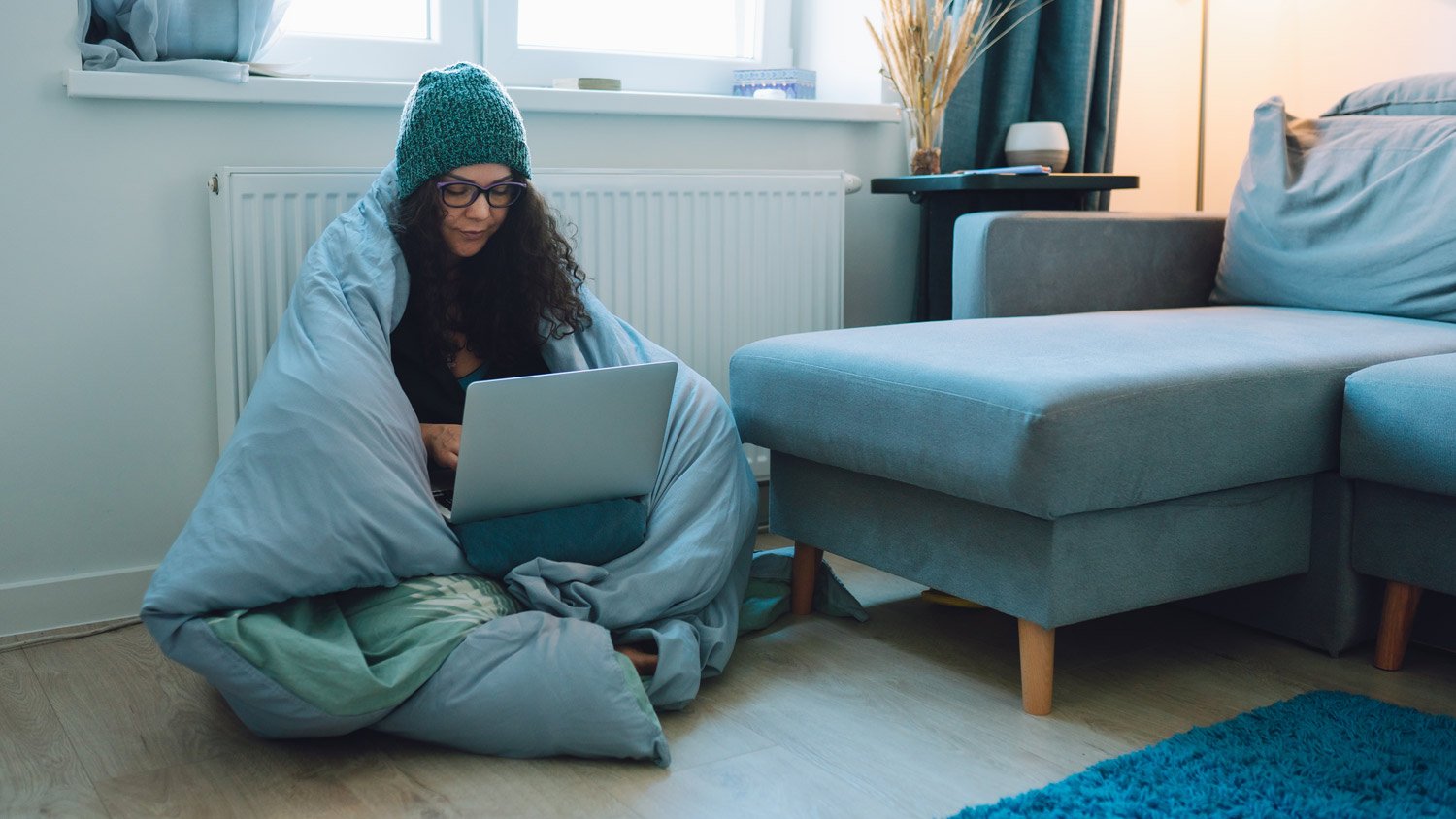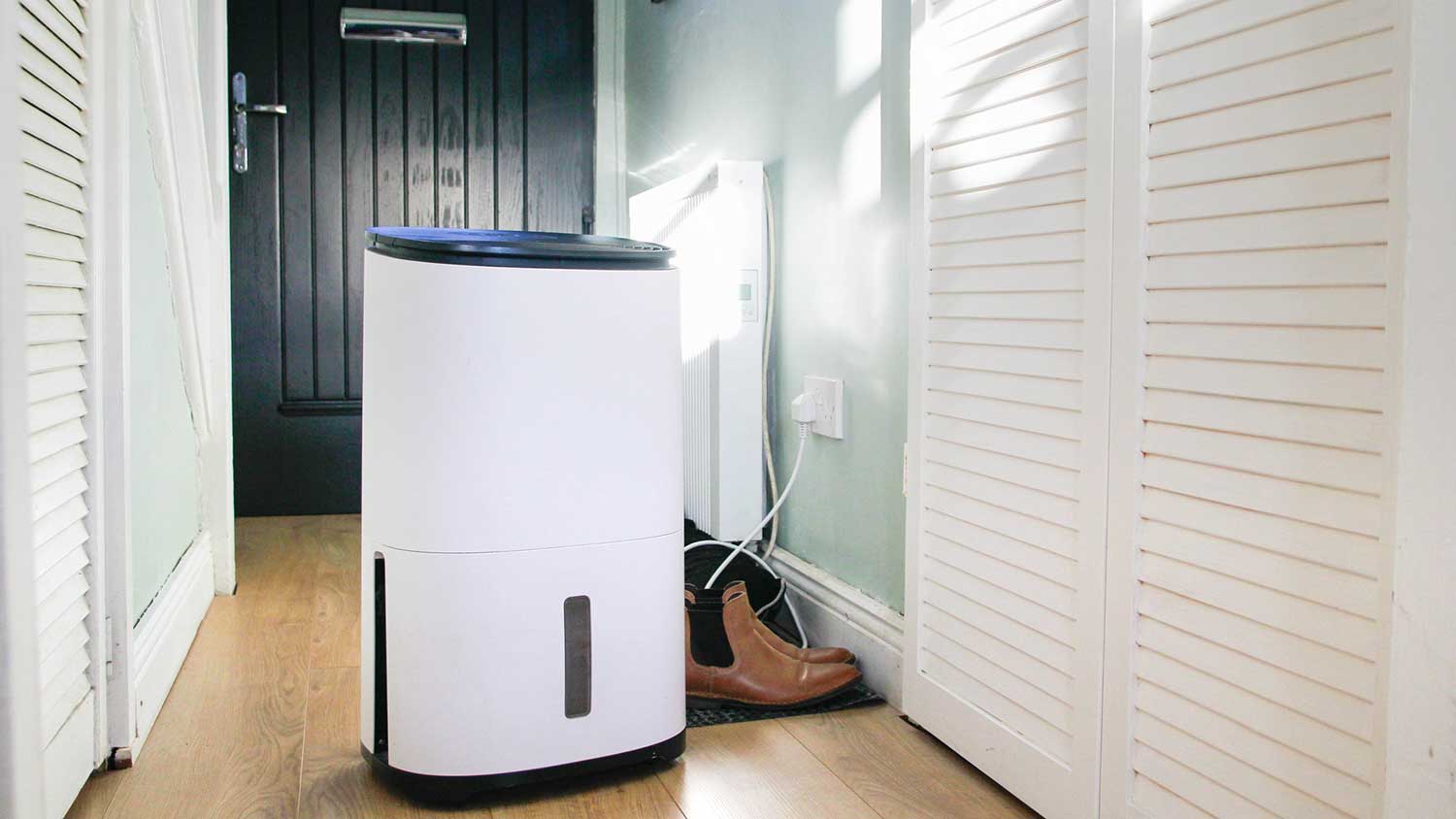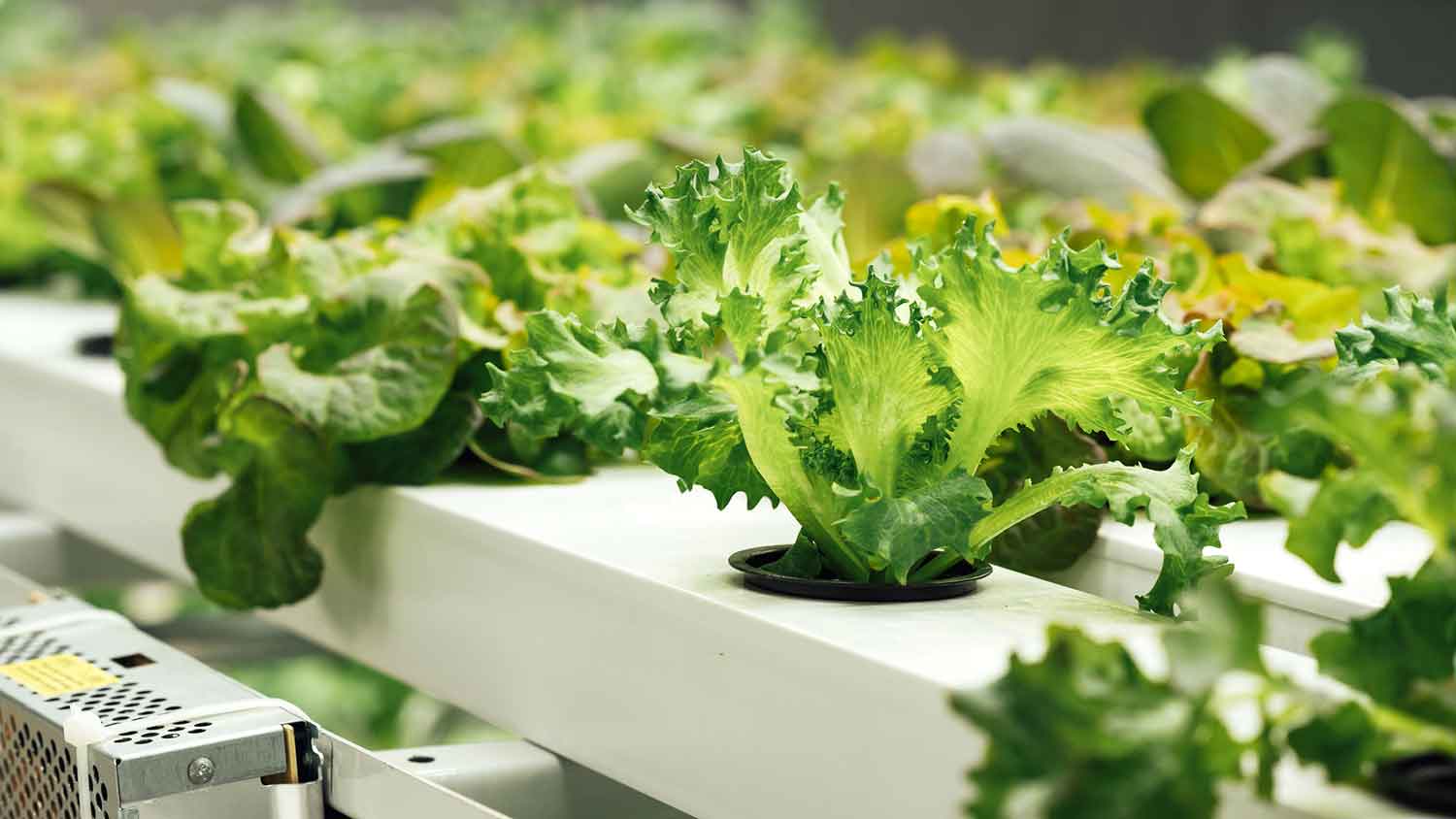4 Reasons Your House is So Cold and How to Fix It
Take your space from chilly to cozy


Poor insulation is the most likely reason your house is so cold.
HVAC issues, blocked air ducts, or thermostat problems are other causes for a chilly home.
Call your local HVAC repair specialist to identify a specific reason why your house temperatures drop.
Your house should not feel like a walk-in freezer. If you’re cranking up the heat and your home is still cold, chances are something is not right. Your space should feel like a warm oasis and a chill is a sign that it is not holding on to the heat or there is a larger problem looming. Let’s break down why your residence feels like the arctic tundra so you can start warming up ASAP.
1. Poor Insulation
The older the home and the colder the climate, the more likely your frosty interior is the result of poor insulation. This is especially true in attics and basements, where heat can escape through walls, floors, and ceilings and cold can seep in through thin insulation.
How to Fix It
Have your insulation inspected to determine if some spots need to be repaired or if all of your insulation in a specific space needs to be replaced. If it needs to be replaced, you may be able to upgrade the type of insulation to one that better suits your home.
2. HVAC Issues
The lack of warmth in your home could be the result of a problematic heater, whether it has parts that need to be repaired or the whole system replaced. A working heater is essential to keeping your home comfortable through below-freezing temperatures and snow storms.
How to Fix It
Contact your local HVAC repair specialist to take a look at your heater and see if it’s operating correctly. Work in routine maintenance to make sure the filters are not clogged. Even if it’s running properly, it could be the incorrect type or size for your home. An experienced HVAC tech will be able to identify the issue and recommend a solution.
3. Blocked or Leaky Air Ducts

Older duct systems deteriorate over time, leading to leaks and gaps that can cause heat to be misdirected throughout your house. Your ducting can also become blocked by dust and debris if not cleaned regularly.
How to Fix It
Have your air ducts cleaned regularly to ensure cool or warm air can flow freely year round. You can expect the cost of air duct cleaning to range from $150 to $800 depending on how big your home is and what kind of ducting you have. You can also have your ducting inspected by an HVAC professional to check for gaps that need to be repaired or to determine if ducting needs to be replaced.
4. Thermostat Problems
It may sound silly, but you’d be surprised how quickly your home can get too cool when you have a faulty thermostat or one left on an incorrect setting. Thermostats have batteries that can die if not replaced regularly, leaving your heat off unexpectedly.
How to Fix It
If your thermostat is not working correctly or continues to revert back to factory settings, call your local HVAC technician to inspect it and determine if it needs to be repaired or replaced. Check and replace the batteries.
When to Call a Pro
Bring in a professional when your energy bills are unusually high and your home is still too cold, despite a running heater that seems to work otherwise. Any strange noises coming from your HVAC unit is cause for a call to an expert, as is consistently drafty rooms, especially in freezing temperatures.
Frequently Asked Questions
Yes, running your air conditioning unit too cold can cause condensation in the air ducts and built up moisture on the air filter, resulting in a breeding ground for mold and mildew. Mold and mildew growth can irritate those with respiratory issues, so it’s best to keep your AC running at a normal temperature.
Most HVAC companies recommend against setting your AC below 70 as it could freeze up the system and cause more problems. Regardless of how hot it is outside, there is generally a 20 degree difference between the outside and inside temperatures, so even if it’s 100 degrees outside, your AC will likely not be able to cool your home to 70 degrees.





- Furnace Repair
- Air Conditioning Repair
- HVAC Repairs
- Furnace Installation
- Wood & Pellet Stove Repair
- Dehumidifier & Humidifier Repair
- Heat Pump Companies
- Swamp Cooler Repair
- Wood Stove Services
- HVAC Companies
- Commercial A/C Repair
- Geothermal Installation
- Air Conditioning Installation
- Boiler Repair
- 24 Hour Furnace Repair
- Geothermal Repair
- Heat Pump Repair
- Humidifier Installation
- Thermostat Repair
- Thermostat Installation
- Nest Installation
- Heating & Cooling
- Heating Repair
- Furnace Cleaning
- Furnace Tune-Up
- HVAC Technicians
- Subcontractors
- Furnace Maintenance
- Plumbing & Heating Companies
- Wood Stove Inspection
- Mini Split Installation
- Wall Heater Repair
- Duct Installers










